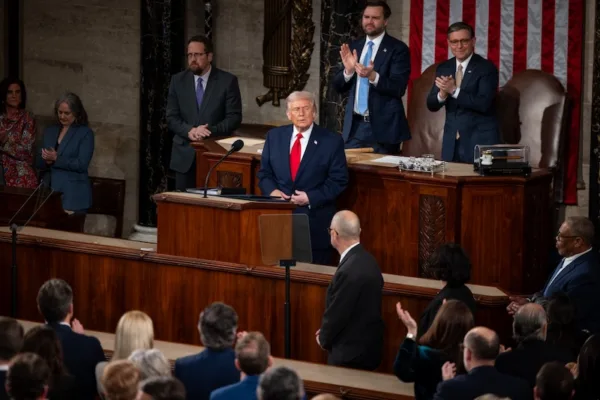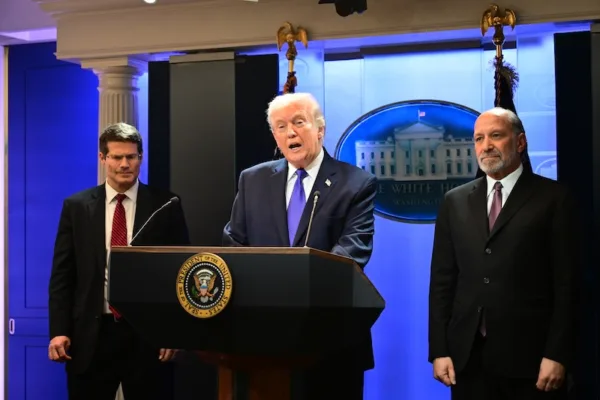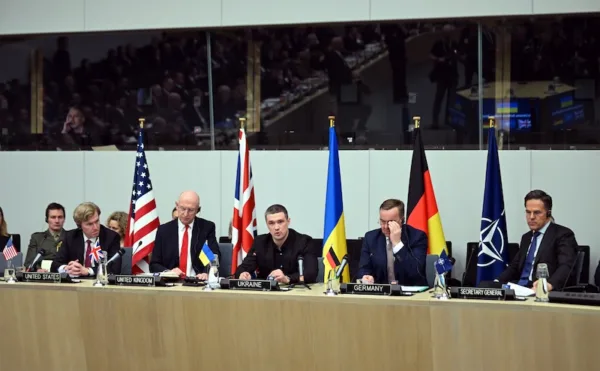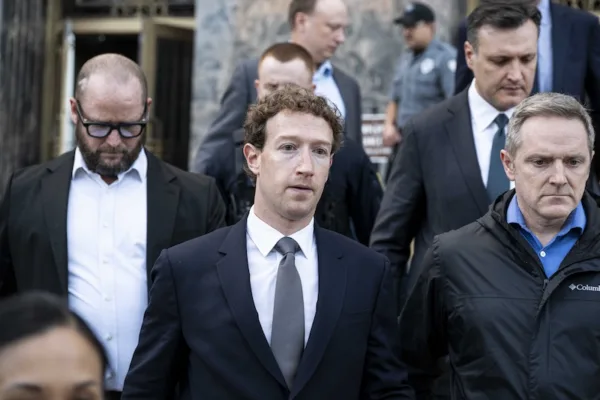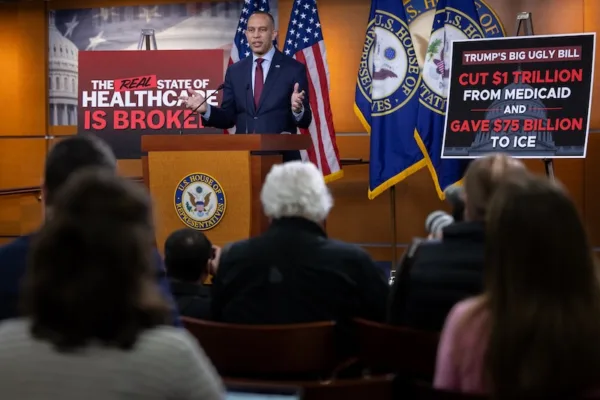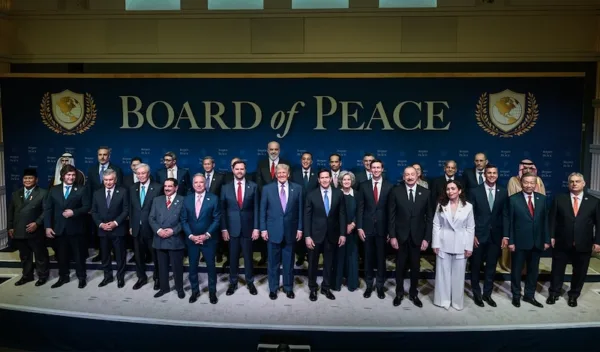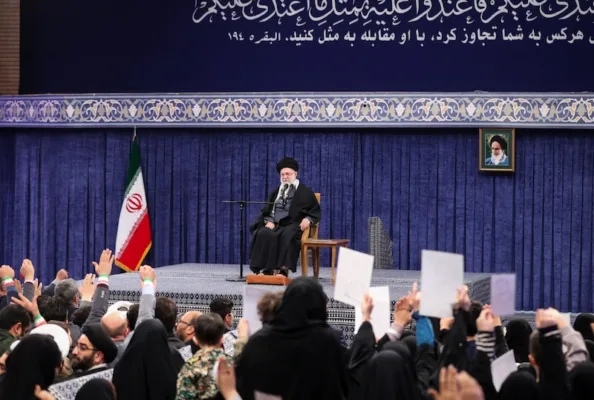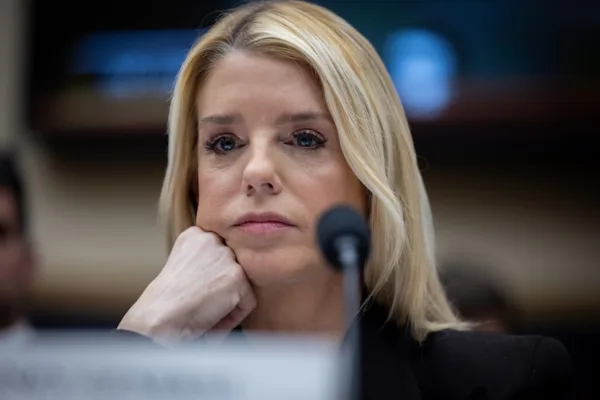Waiting for the Trump doctrine
As inauguration day approaches, U.S. President-elect Donald Trump is picking his cabinet. Many Republican and senior government officials, who publicly criticized Mr. Trump in the past, are eager to join his administration. What’s notable about the president-elect’s cabinet picks is that many of them are retired soldiers and prominent business people – which leads analysts in Washington to question the future of civilian-military relations. Noting Mr. Trump’s past statements and personality, some experts are already talking about an American-style authoritarianism. A media campaign is already underway to discredit Michael Flynn, a retired U.S. Army lieutenant who has been offered national security advisor, who has been accused of taking money from the Russians as a lobbyist.
While the Washington elite is preoccupied with infighting, policy makers across the world are eager to understand where the next commander-in-chief wants to take U.S. foreign policy. More specifically, they are interested in where various cabinet members stand on key issues. Ultimately, they want to know what role Washington will play in the world with Mr. Trump at the helm – or, simply put, the Trump doctrine.
In an interview with Jeffrey Goldberg of The Atlantic, former Secretary of State Henry Kissinger argued that “the Trump phenomenon is in large part a reaction by Middle America to attacks on its values by intellectual and academic communities.” He added that the key question was whether or not the United States would continue playing the role it has played in the world since 1945.
In fact, Washington’s new global role is closely associated with three distinct issues: First, fighting the threat of “Islamic radicalism,” embodied by al-Qaeda and Daesh, will be Mr. Trump’s main short-term priority. However, we also know that the President-elect’s generals differed from their predecessors in that they consider Sunni and Shi’a radicalism equally dangerous. Over the next months, the White House could limit Iran’s regional influence by taking action against the Shiite militants and revisiting the nuclear deal. However, as Kissinger maintained, the U.S. would have to be more involved in the Middle East if the Trump administration wants to create a balance of power between Sunnis and Shiites. To be clear, Washington’s Arab allies, who have been alienated by the Obama administration, can be easily won back – unless Mr. Trump’s generals ignore the distinction between moderate and radical Islamists and choose to fight all Islamists. Needless to say, an all-out war would only add to the problem of radicalization.
Secondly, how the Trump presidency wants to reshape Washington’s relationship with Moscow will determine the future course of world politics. Even though Mr. Trump has said good things about Russian President Vladimir Putin, there is no reason to expect tensions between the U.S. and Russia to disappear. Simply put, it’s not realistic to expect Washington to leave Europe, which is going through a crisis of leadership and disintegration, at Moscow’s mercy. The Trump administration will try to defend Eastern Europe and Ukraine without strengthening Moscow’s ties to China. Unless Mr. Trump finds a way to limit Russia’s power over the Middle East, Washington will become less prominent in the region over the next years.
Thirdly, the long-term question is how Mr. Trump wants to deal with China. The president-elect’s phone call with Taiwanese President Tsai Ing-wen indicated that his actions against the Chinese won’t be limited to economic protectionism. Of course, it remains to be seen whether Mr. Trump’s foreign policy moves are part of a broader strategy or just novice mistakes. Regardless, the confrontation between China, a generally patient player in the world stage, and the businessman-cum-president will have everyone’s attention.
Finally, a word on Turkey’s future relationship with the United States: While Mr. Trump puts the final touches on his foreign policy, Turkish officials have to keep in mind that regional problems will become more serious in the short run.
This article was first published in Daily Sabah on December 10, 2016.











